Grammar skills Worksheets for Ages 6-8
7 filtered results
-
From - To
Enhance your child's language development with our meticulously designed Grammar Skills Worksheets for Ages 6-8. Perfect for early learners, these engaging and interactive sheets cover essential grammar topics, including parts of speech, sentence structure, punctuation, and more. Each worksheet merges fun activities with fundamental learning to ensure young students not only grasp but also enjoy mastering grammar. Tailored to support academic growth, our resources foster confidence and proficiency in English language arts. Explore our expansive collection today and give your child a strong grammatical foundation for future success!
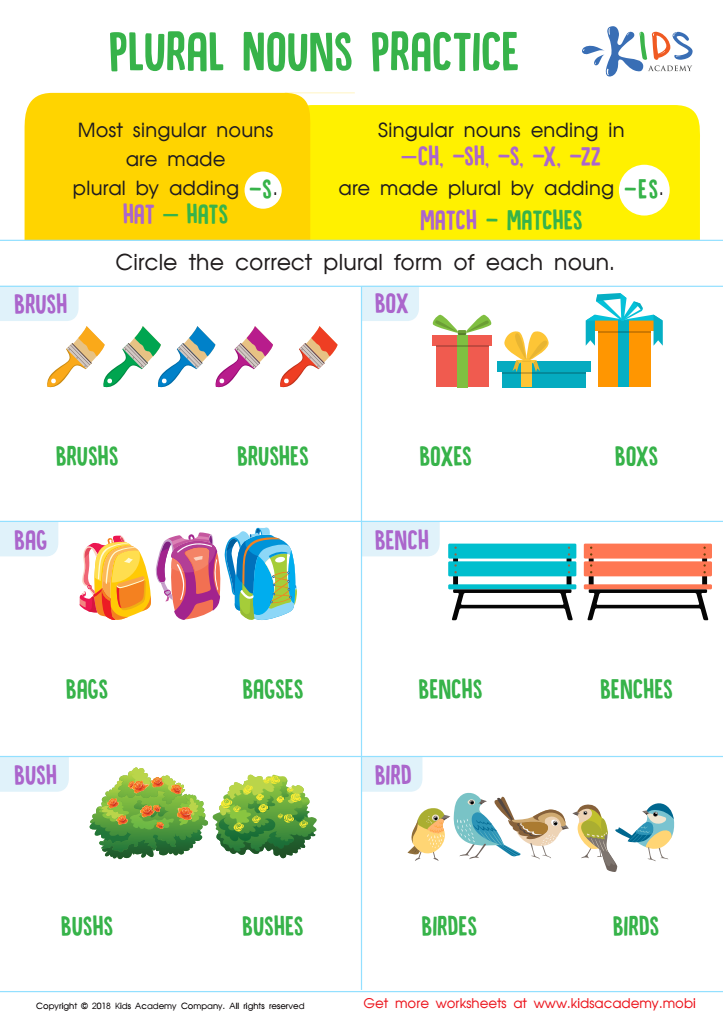

Plural Nouns Practice Worksheet
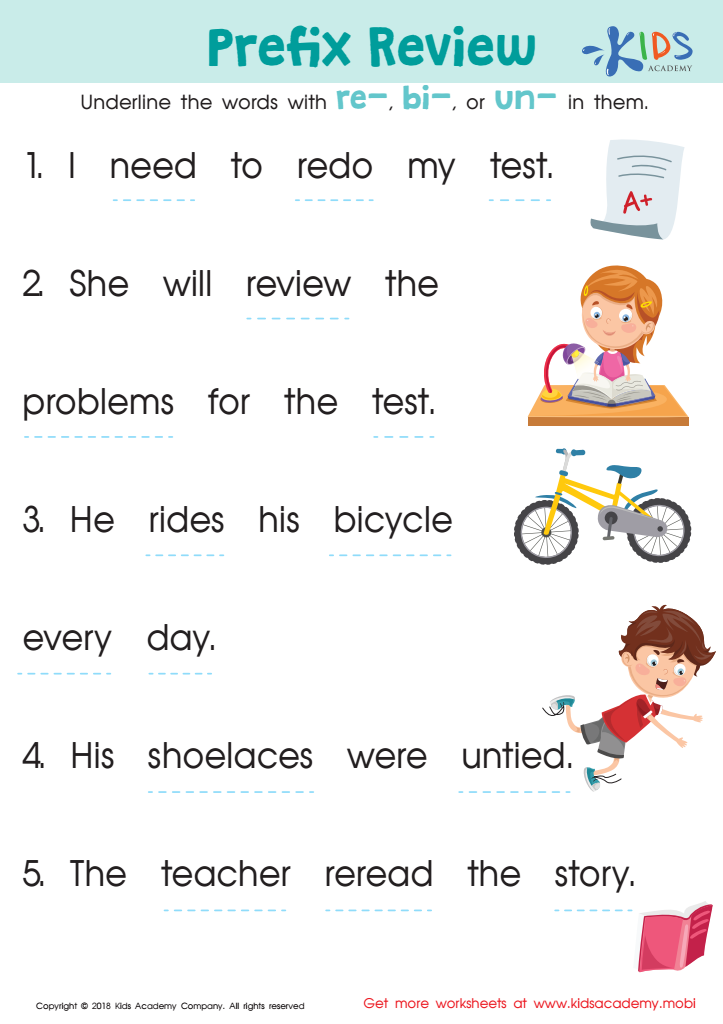

Prefix Review Worksheet
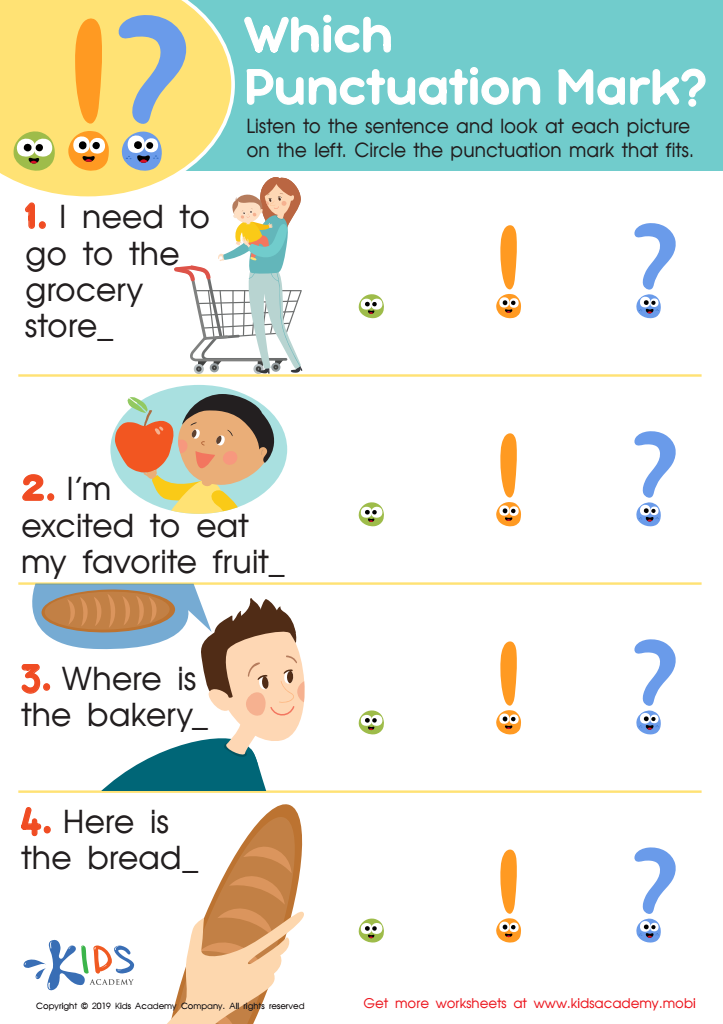

Which Punctuation Mark Worksheet
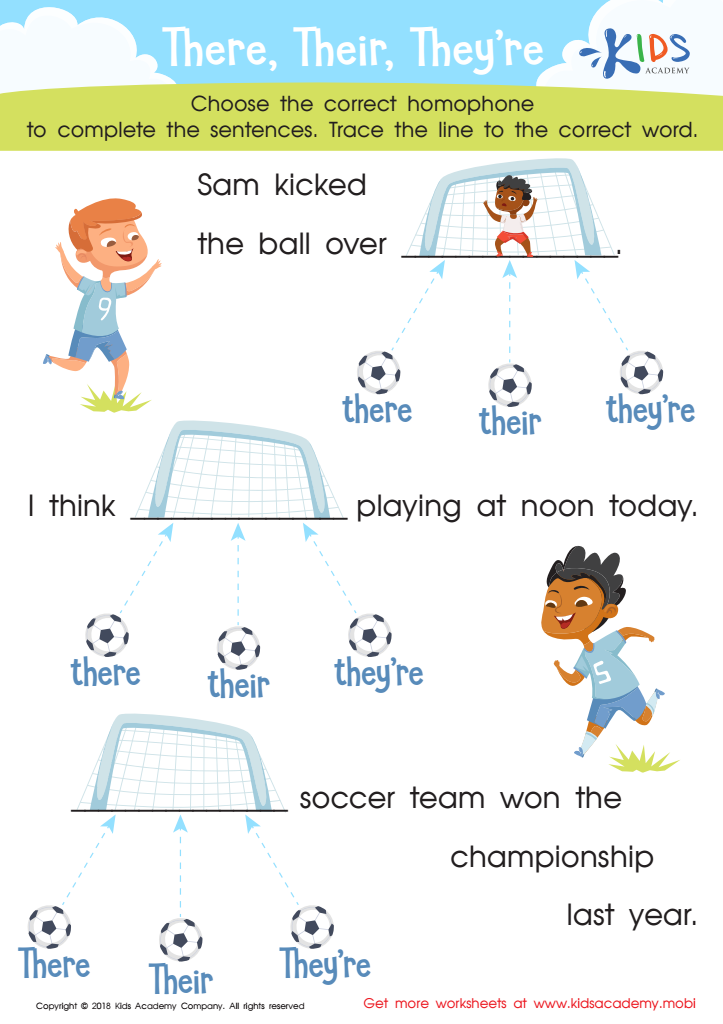

There, Their, They're Worksheet
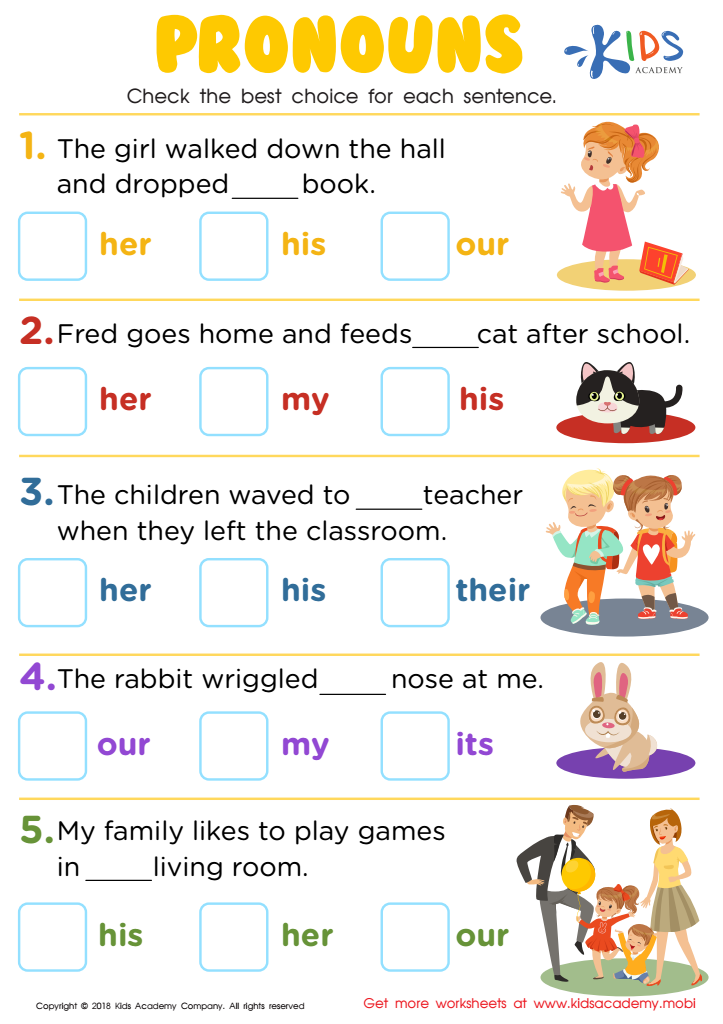

Pronouns Worksheet
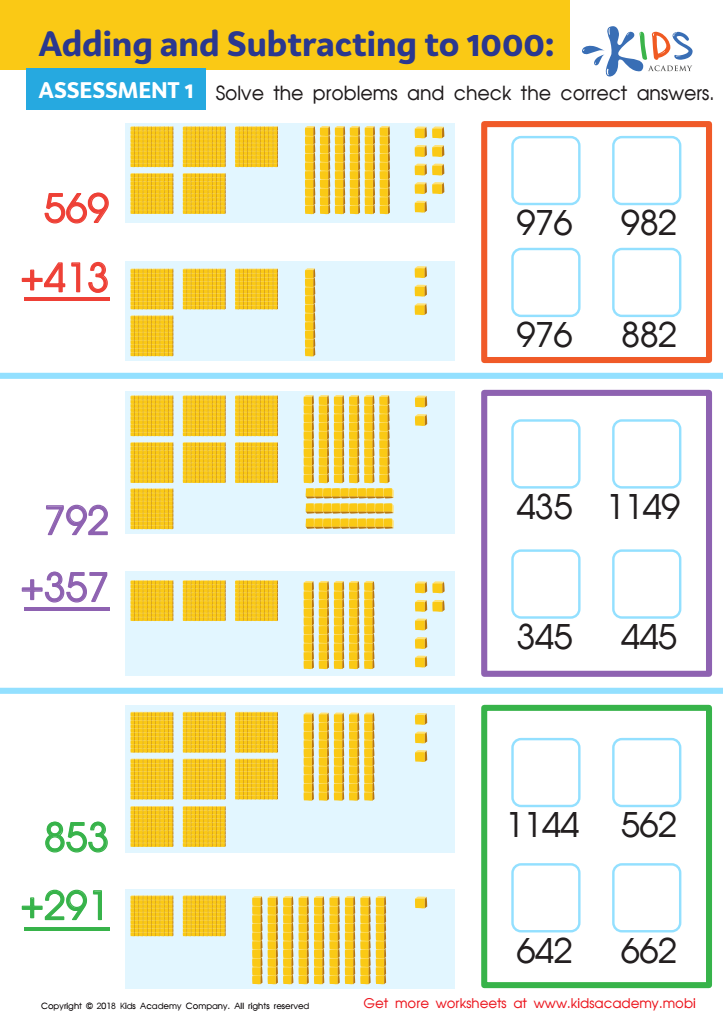

Adding and Subtracting to 1 Worksheet: Assessment 1
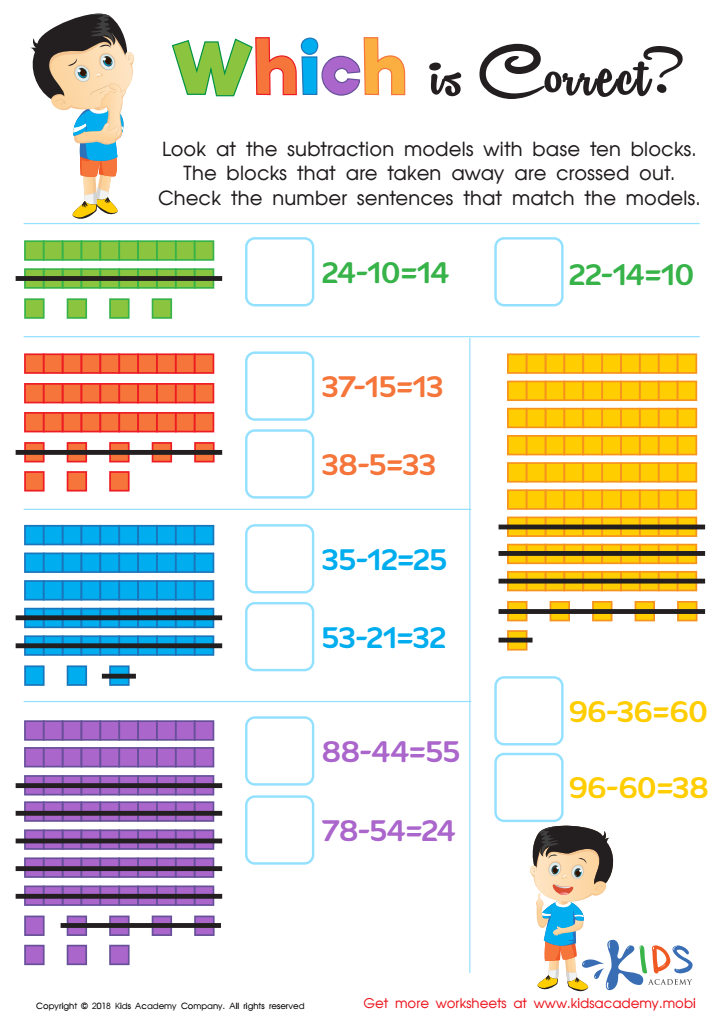

Which Is Correct? Math Worksheet
Parents and teachers should care about grammar skills for children aged 6-8 because these years are foundational for language development. During this period, children are like sponges, able to absorb information rapidly. Proper grammar helps improve their communication skills, making it easier for them to express thoughts clearly and understand others effectively. This clarity is crucial both in academic settings and social interactions, laying the groundwork for future success in school and life.
Moreover, solid grammar skills enhance reading and writing capabilities. When children understand how sentences are constructed, they are better equipped to decode words and derive meaning from texts. This fosters a love for reading and can spark creativity, as children are more likely to enjoy writing stories or essays. Early grammatical understanding also equips them with the tools to tackle more complex language concepts as they progress in their education.
Lastly, proficiency in grammar can boost a child’s confidence. When children see that they can communicate their ideas clearly and be understood, they feel more assured, encouraging active participation in class and social situations. In a nutshell, investing time to develop grammar skills early on helps create a strong educational foundation, enhances cognitive abilities, and nurtures confident communicators.

 Assign to My Students
Assign to My Students

















